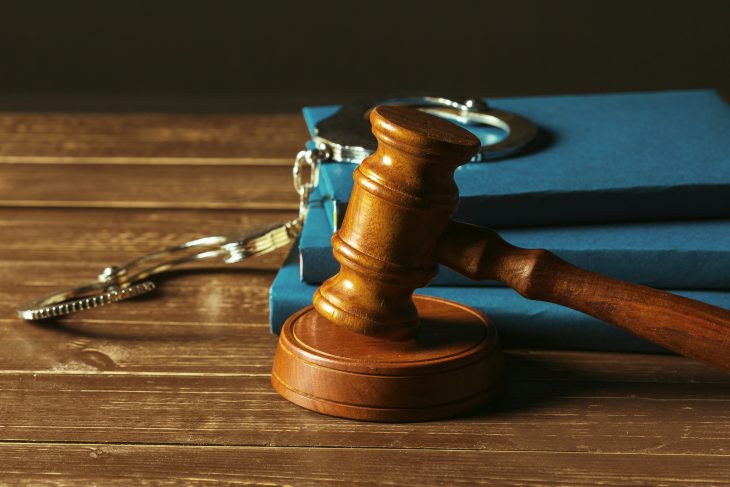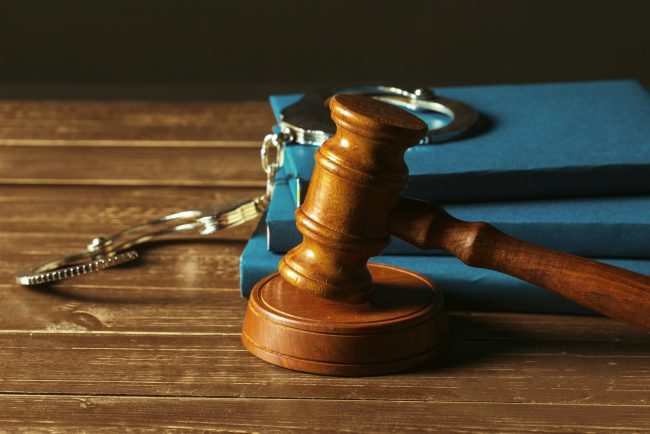Facing a criminal charge is a daunting and life-altering experience. When caught in the criminal justice system, individuals in Canada have two primary options to consider: going to trial or accepting a plea deal.
Both choices have significant consequences, and understanding the differences between them is crucial.
In this article, we will explore the nuances of trial and plea deals, providing valuable insights for individuals who find themselves entangled in the Canadian legal system.
The Importance of Informed Decision-Making
Before delving into the specifics of trials and plea deals, it’s essential to emphasize the significance of making an informed decision when charged with a crime. Consulting with top criminal lawyers is an integral part of this process.
These legal professionals can help you navigate the complexities of the Canadian legal system and provide expert guidance tailored to your unique circumstances. Remember, you are not alone in this journey, and seeking legal counsel is a critical step.
The Trial Process
1. Trial Basics
A trial is a formal legal proceeding where the prosecution and defence present evidence, examine witnesses, and make arguments before a judge and, in some cases, a jury. Key points to understand about trials include:
- Trials can be lengthy, complex, and costly, involving various court appearances.
- The prosecution must prove your guilt beyond a reasonable doubt.
- Your defence lawyer can challenge evidence and witnesses, aiming to create reasonable doubt in the minds of the judge or jury.
2. Potential Outcomes
Trials can result in two possible outcomes:
- Acquittal: If the court finds you not guilty, you are free from the charges, and your record remains clean.
- Conviction: If you are found guilty, you may face penalties such as fines, probation, or imprisonment.
The Plea Deal Option
1. Understanding Plea Deals
A plea deal is an agreement between the defendant and the prosecution, where the defendant agrees to plead guilty to a lesser charge or accept a reduced sentence in exchange for avoiding a trial. Here are some crucial aspects to consider:
- Plea deals can expedite the legal process, potentially reducing the emotional and financial strain on the accused.
- They often involve admitting to a lesser charge, which can have less severe consequences.
2. Potential Outcomes
The possible outcomes of a plea deal are as follows:
- Reduced Charges: You may plead guilty to a lesser offence, leading to milder penalties.
- Reduced Sentence: The prosecution may offer a shorter prison term or alternative sentencing options.
Weighing Your Options
1. Factors to Consider
Deciding between a trial and a plea deal depends on numerous factors, including:
- The strength of the evidence against you.
- The potential consequences of a conviction, such as imprisonment, fines, or a criminal record.
- Your willingness to accept responsibility for the alleged offence.
2. Legal Counsel’s Role
Top criminal lawyers can provide invaluable assistance in weighing these options. They will thoroughly assess your case, advise you on the best course of action, and negotiate with the prosecution to secure the most favourable terms in a plea deal if that is the chosen path.
Conclusion
The decision to go to trial or accept a plea deal is one of the most critical choices you will make when facing criminal charges in Canada. It is a decision that should not be taken lightly.
If you are confronted with a criminal charge, remember that you don’t have to navigate this challenging journey alone. Consult with experts criminal lawyers who can provide expert legal guidance and support tailored to your unique situation.
Your future is worth fighting for, and we are committed to providing the best legal representation for your case.









